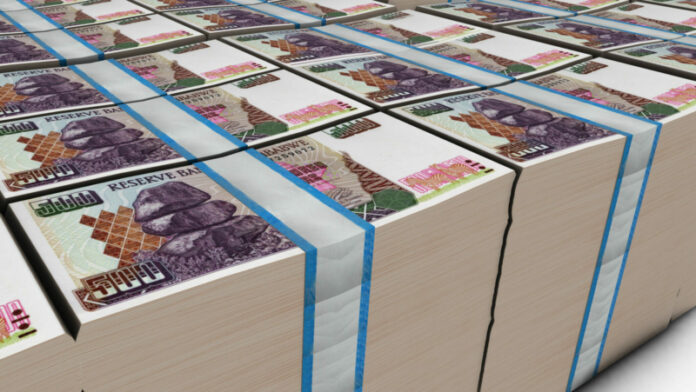
POOR infrastructure and service delivery in Zimbabwe are compounding the impact of poor prices on lithium producers, said China’s Sinomine Resource Group.
Cited in a report by Reuters, the company said: “The lithium mines continue to operate in an environment with risks which include fragile power supply, capital constraints and foreign currency shortfalls”.
There was also lack of “clear and consistent policies on licensing, taxation and export regulations”, it said.
Africa’s top producer of lithium has attracted over $1bn investment from Sinomine and its Chinese peers such as Zhejiang Huayou Cobalt and Chengxin Lithium Group since 2021 as China sought to maintain its grip on critical metals.
However, lithium prices have fallen sharply from their 2022 peak as a wave of new supply has overwhelmed weaker than expected demand for electric vehicle batteries, said Reuters.
The price slump “is making it difficult for lithium companies to stay afloat, with most mining entities downscaling production” and laying off workers, Sinomine unit Bikita Minerals told visiting lawmakers, according to a presentation seen by Reuters.
“The lithium mines continue to operate in an environment with risks which include fragile power supply, capital constraints and foreign currency shortfalls,” the company said.
There was also lack of “clear and consistent policies on licensing, taxation and export regulations”, it said.
Bikita Minerals added that Zimbabwe’s foreign currency regulation requiring exporters to trade 25% of their hard currency earnings for a rapidly weakening local unit called the ZiG was resulting in loss of value.
Reuters reported earlier this week that Sinomine is to build a $500m lithium refinery in Zimbabwe in the next three to five years despite losing money following a crash in the price of the metal.











